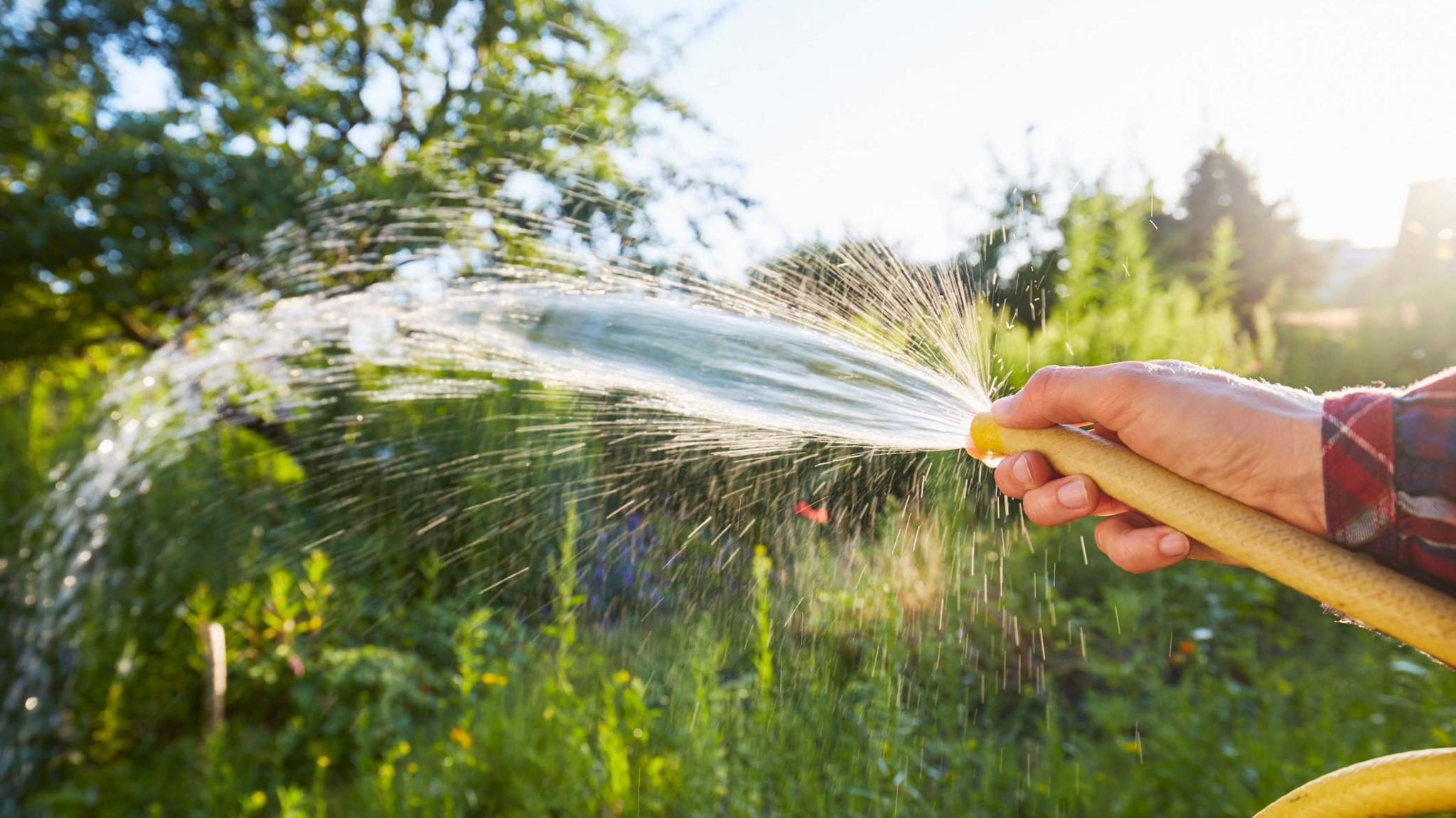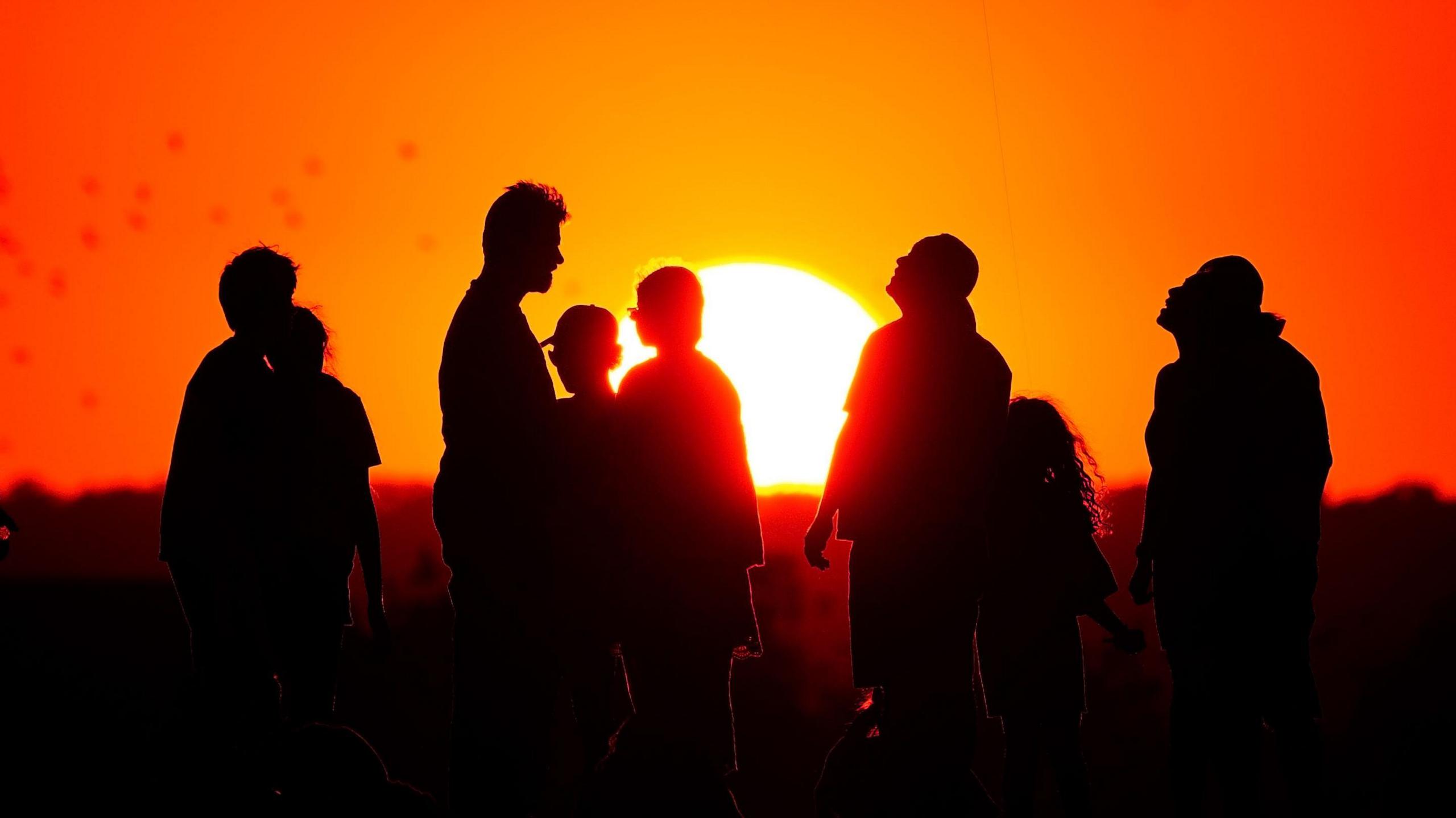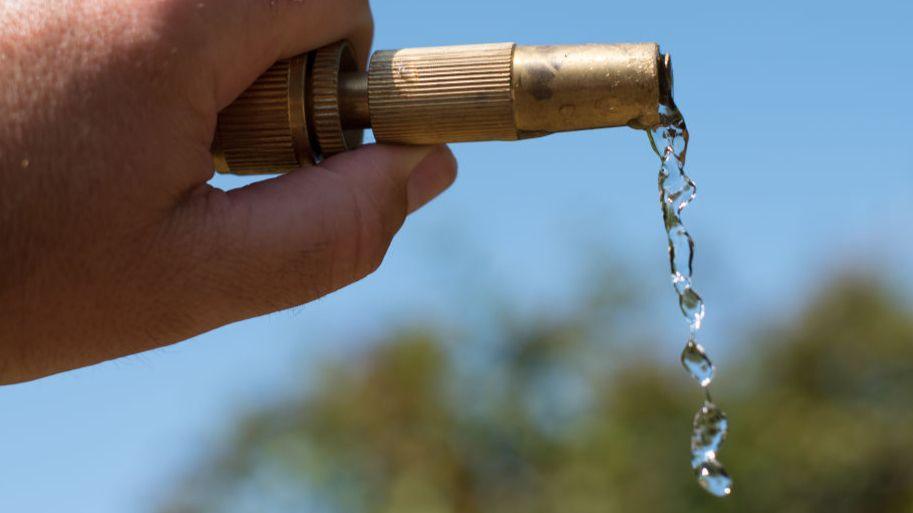Hosepipe ban to continue after lack of rainfall

Thames Water issued a hosepipe ban for 1.1 million people in July
- Published
A hosepipe ban affecting 1.1 miilion people will remain in place until "prolonged and significant rainfall" replenishes supplies, Thames Water has said.
The measure came into force in July across Oxfordshire, Berkshire, Wiltshire and Gloucestershire after a lack of rain and increasing demand stretched supplies.
Since then Thames Water estimated 5 million litres of water had been saved each day.
But the water company said that due to five consecutive months of below average rainfall the ban would have to continue.
Nevil Muncaster, strategic water resources director at Thames Water, said: "While there have been spells of wet weather, so far in August, we have received just three per cent of the long-term average rainfall for the month which is contributing to the overall strain on water resources across the region."
"We still need prolonged and significant rainfall to replenish supplies, and based on current forecasts, we anticipate the hosepipe ban will remain in place as we continue to monitor reservoir levels."

Met Office statistics show the UK has "almost certainly" had its hottest summer on record
The ban outlaws the use of a hosepipe for things like watering the garden, washing the car or filling a paddling pool.
Any Thames Water customers living in areas with postcodes beginning OX, GL, SN, RG4, RG8 and RG9 using a hosepipe can be fined up to £1,000.
It does not affect businesses where hosepipe use is part of their purpose, for example garden centres and car washes.
Mr Muncaster thanked customers for helping save water since the ban was first introduced.
"These welcomed reductions have really supported our efforts to maintain stable reservoir levels through this hot dry summer," he said.
Provisional statistics released by the Met Office earlier this week show southern parts of the UK have been exceptionally dry this summer.
The figures also show the UK as a whole has had 72% of its average summer rainfall so far when in a typical year it would normally be 93% by this point in August.
Get in touch
Do you have a story BBC Oxfordshire should cover?
You can follow BBC Oxfordshire on Facebook, external, X (Twitter), external, or Instagram, external.
Related topics
- Published14 July

- Published15 July

- Attribution
- Published1 September
